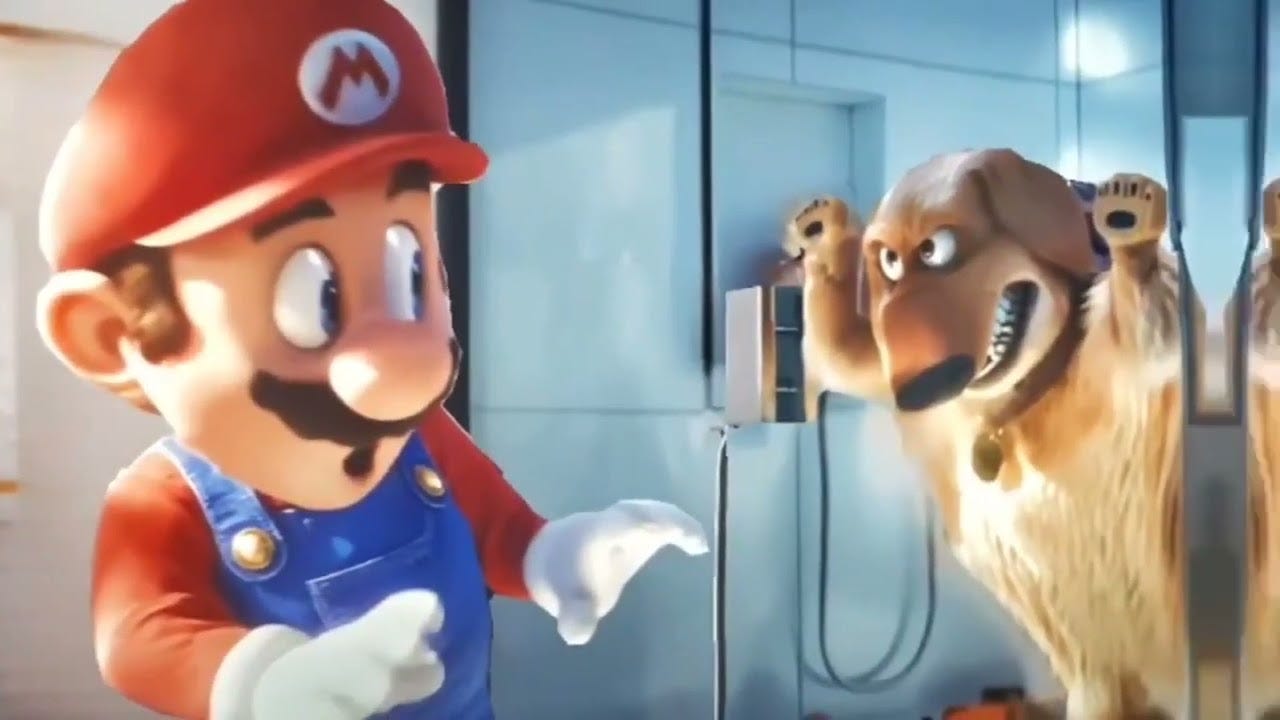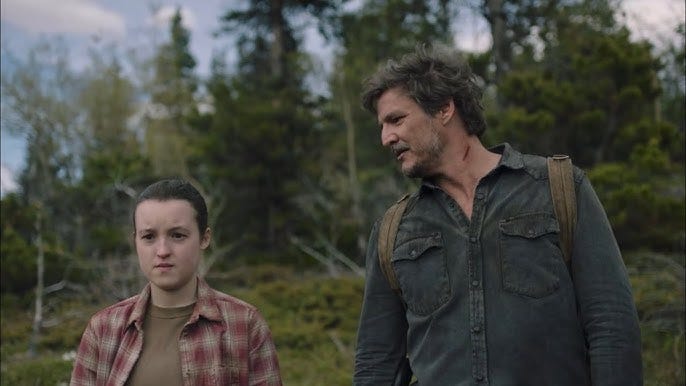God of War's belated television adaptation receives a welcome boon, hoping to continue in Sony's surprisingly solid suite of series
PlayStation's second-most twisted metal in Kratos' chains are beginning to loosen.
The central crisis of faithfully translating a video game from its kinetic roots to a controlled, passive form lies in approximating the experience of uncovering the narrative on one’s own terms. This element of autonomy provides players with a richer relationship to the title, either emerging through means of rogue discovery in Elden Ring or the gradual bond unifying one’s team in the Final Fantasy anthology. With respect to the soap-operatic ambition of the enduring, parallel vein of animated Resident Evil features, I would rather conquer a corrupted creature through my own controller inputs. Regardless, this past decade has further legitimised the artistic merit of the medium within the entertainment community - significantly later than the general public, nonetheless. Consequently, adaptations are imbued with a greater fielty to their source material, rather than extended measures of brand management. Save for the universal rejection of Eli Roth’s Borderlands interpretation this very year, the bare floor for their quality has risen from “Uwe Boll tax scheme” to “watchable”; the blissfully pedestrian Super Mario Bros. Movie remedied its predecessor’s rancid reputation to the jovial tune of $1.3 billion.
The Super Mario Bros. Movie featured a prominent setpiece anchored by a franchise stalwart in … Francis the Dog.
Amazon MGM - indeed, the golden lion has been enlisted to power their futile content churn - have emerged as the most active party in this space. In April, their Prime Video platform debuted Fallout to sound reception and a vigorous viewership. Creatively, the series did not stray from the series’ tone, producing outrageous ultraviolence set to a retrograde soundtrack, along with a serving of grinning gallows humour against dire political intrigue. Canon quandaries notwithstanding, the serial nature of the story represented an auspicious pathway to approximating the breadth of a labyrinthine role-playing game: television! Film, as a limited, linear form, is inherently less digressive than its small-screen counterpart. Thus, in deconstructing the potential of a Pokémon narrative for the silver screen, the inclination from producers and exhibitors is to condense the content in a streamlined regard. Therefore, instead of a Nashville-esque spin on the great plains of the Pokéverse, Legendary delivered Detective Pikachu - perhaps with a deal of encouragement from the Pokémon Company, hoping to retain the centrality of the brand rather than sanctioning a definitive filmic folly.
Further on Amazon MGM: the studio that once delivered the Wizard of Oz have set their sights upon another iconic slice of Americana: the God of War series. Announced in 2022, the series was to be incubated by Rafe Judkins, simultaneously entrusted by Amazon to turn their wheel of time. However, after nearly two years of silence, Judkins departed the project; Ronald D. Moore assumed control of the Leviathan Axe in his stead. Mooring (sorry) this adaptation in the Norse Saga, comprised of the series mononymous 2018 entry and its successor, Ragnarök, indicates Sony’s television team are in lucid conversation with their development faculties; these contemporary titles are the most lively in their audience’s memory. However, this does not preclude flashback sequences to the halcyon days of Kratos on Olympus; one moment in the 2018 title in particular would lack the necessary resonance were his past rendered through elusive means.
God of War (2018) rendered Kratos as a taciturn, yet concerned father - all in one take.
Yes, God of War was unfurled through one continuous take! A novel triumph in virtual choreography, the camera refusing to part from Kratos’ and Atreus’ continuity imbued the narrative with an immutable urgency - save for your death during combat, continuously rendered non-canonical. Santa Monica Studio evolved commercial storytelling within the medium, elevating the tenets of a road film to literal mythical stakes. A dynamic unity of place gave the conclusion the weight of a laboured journey, rolling credits in real time. Therefore, in revising the story for television, presumably in the form of eight hour-long episodes, exhaustive ends must be met; the player cannot uncover auxiliary information, the writer must decide the most pertinent elements. Along with this loss of texture, cutting from the potent father-son journey to chart Kratos’ nascent godhood disrupts the narrative engine of its source material: uncovering his sordid past through implication and regret via Atreus.
HBO’s tremendous take on The Last of Us, however, emulated the basic beats of its inspirator, using the malleability of its form to indulge upon digressions suggested within the game. An entire episode was devoted to the tragedy of Bill and Frank, echoed through a reprisal of the Left Behind DLC. This synthesis of implication and appendicular content into the primary narrative represented a rare harmony in translation. Furthermore, Joel’s ravenous riot in the finale, followed by his critical lie to Ellie, implicated the audience in his original sin; its second season will entirely hinge on the complexes that emerged from this one decision. As opposed to God of War, the lore is written in tandem with the viewer.
For Joel, The Last of Us’ sophomore season will be a swing and a hit.
In a purely commercial regard, video game adaptations are thriving. Tom Holland’s Uncharted earned a retrospectively remarkable $407 million in a shaky post-COVID theatrical environment, succeeded by Sonic the Hedgehog 2’s haul of 407 million golden rings. Twisted Metal, consigned to ostensible anonymity on the Peacock platform, cultivated 400 million minutes of engagement through its first weekend - hardly a sound metric, though we are far enough through Netflix’s looking glass that it can be construed as authoritative. Miraculously, Five Nights at Freddy’s debuted with an inconceivable $80 million through its inaugural weekend, despite its availability on Peacock for the Twisted Metal gearheads of the world. Irrespective of their formal qualities, this selection exemplifies the gradual transition of video game properties from fool’s gold to producer’s platinum.
Thus, two strands of adaptations will emerge: those in conversation with the mechanics of their property, and those relying solely upon their name as ever. With the comic industrial complex diminishing in return, ostensibly consigned to three non-arachnid marquee propositions per year, the studio system will defer to a medium closer to its composition: the iconography is present in a live format, you just need to render it ahead of time, rather than relying upon your hardware to do the job.






"Save for the universal rejection of Eli Roth’s Borderlands interpretation this very year, the bare floor for their quality has risen from “Uwe Boll tax scheme” to “watchable”"
Nicely put.